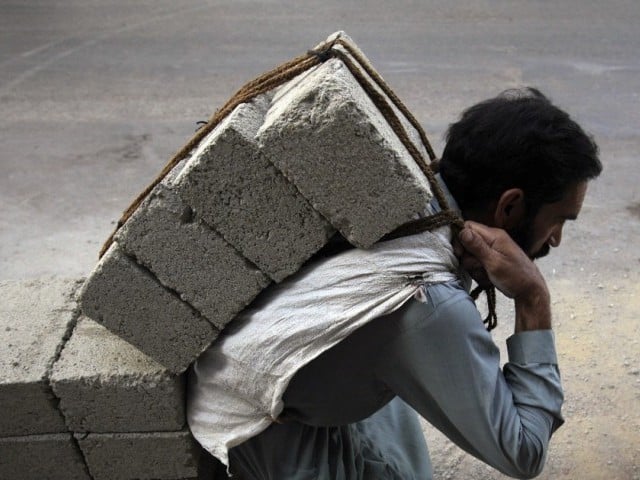
This was stressed by trade unionists, politicians and industrialists at a seminar, titled Core Labour Rights and the Compliance Gap, at the Regent Plaza hotel on Wednesday. The seminar was organised by the Pakistan Institute of Labour Education and Research (Piler).
The speakers were of the opinion that traders must comply with international labour laws and standards otherwise their products will be rejected by the international market. They criticised the government for not imposing stricter rules for the implementation of the laws.
“Pakistan is a signatory to many International Labour Organisation conventions but their implementation remains questionable,” lamented Dr Zafar Shaheed, a former director of the ILO. He was of the opinion that, since trade was linked with the compliance of the conventions’ standards, it would be difficult for Pakistani traders to survive in the international market. In his presentation on the condition of workers across the globe, Zafar pointed out that the ILO’s Factory Improvement Programme had reduced defects, absenteeism, and turnover rate in several countries.

Awami National Party (ANP) Sindh leader Bashir Jan stressed that the workers’ salaries should be fixed to the equivalent of 12 grams of gold. “Poverty is the root cause of evil. As long as poverty exists, there will be crime in society,” he said, adding that Pakistan’s government acted on policies which favoured the country’s elite only.
The minimum wage, set by the government, for unskilled workers at Rs10,000 per month was criticised by the speakers. They demanded the government set the minimum wage keeping in mind the workers’ requirements. “It is a miracle how a man can support his family with just Rs10,000 per month,” said Dr Mohammad Ali Shaikh, vice- chancellor of the Sindh Madressatul Islam University. He criticised the media for not giving due coverage to labourers, who comprise one third of the total population.
Amjadullah Khan of the Korangi Association of Trade and Industry argued that it was difficult for industrialists to implement the minimum wage of Rs10,000 due to financial constraints. Employees were sacked and factories were shutting down every month due to these monetary troubles. “In Korangi alone, over 1,000 factories have been closed down and thousands of workers have lost their jobs,” he revealed.
Piler executive director Karamat Ali said that land reforms were opposed in the name of Islam to provide benefit to the big landlords. He stressed that Pakistan should increase its trade with neighbouring countries. “The GSP-plus facility for European markets should be available for only those industries that comply with the standards,” he said.
Published in The Express Tribune, December 13th, 2013.
1732434981-0/BeFunky-collage-(10)1732434981-0-405x300.webp)
















COMMENTS
Comments are moderated and generally will be posted if they are on-topic and not abusive.
For more information, please see our Comments FAQ